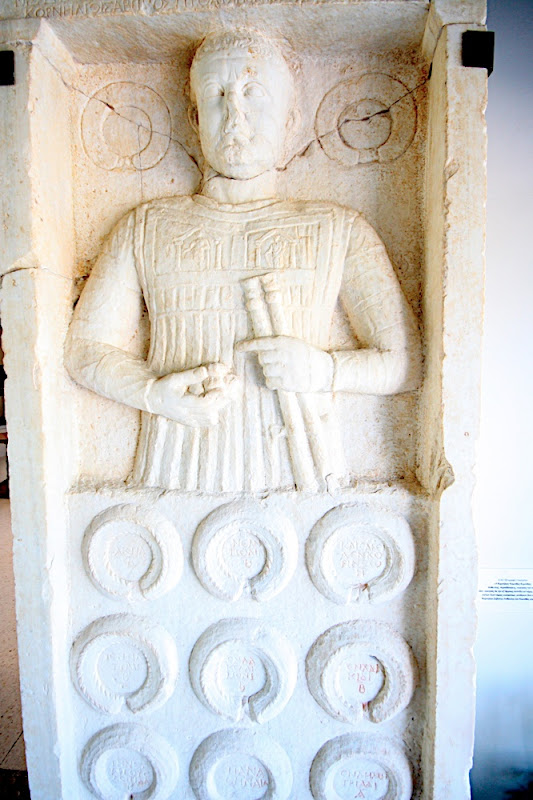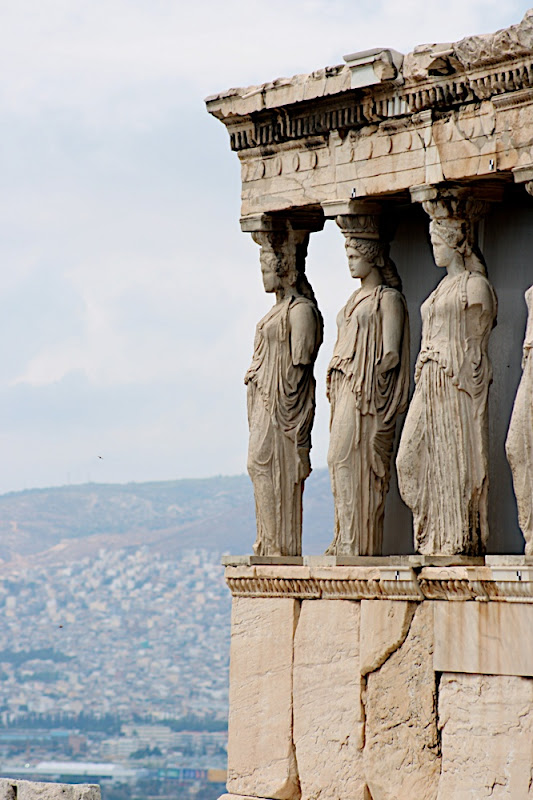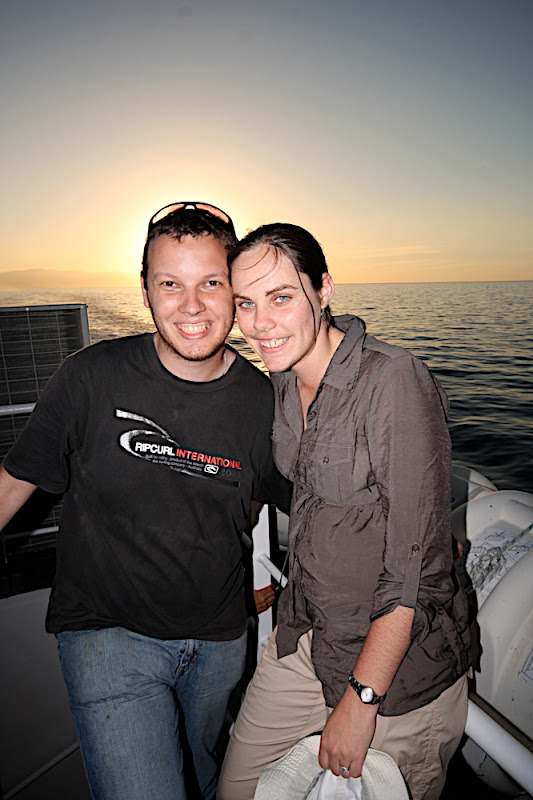We’re in Turkey today, and for the rest of this week, and possibly have a more reliable in hotel wifi connection, so we’ll see if blogging improves.
We spent a couple of days in Greece touring first century entertainment precincts to get a feel for the cultural life of the citizens Paul addresses in his letters. Roman culture was entertainment heavy. The entertainment, like everything else, was filled with cultural propaganda and designed to reinforce, in the regions, the supremacy of the emperor.
Sport was a massive deal. In fact, the highest paid sportstar of all time was a second century Roman charioteer.
The very best paid of these—in fact, the best paid athlete of all time—was a Lusitanian Spaniard named Gaius Appuleius Diocles, who had short stints with the Whites and Greens, before settling in for a long career with the Reds. Twenty-four years of winnings brought Diocles—likely an illiterate man whose signature move was the strong final dash—the staggering sum of 35,863,120 sesterces in prize money. The figure is recorded in a monumental inscription erected in Rome by his fellow charioteers and admirers in 146, which hails him fulsomely on his retirement at the age of “42 years, 7 months, and 23 days” as “champion of all charioteers.”
His total take home amounted to five times the earnings of the highest paid provincial governors over a similar period—enough to provide grain for the entire city of Rome for one year, or to pay all the ordinary soldiers of the Roman Army at the height of its imperial reach for a fifth of a year. By today’s standards that last figure, assuming the apt comparison is what it takes to pay the wages of the American armed forces for the same period, would cash out to about $15 billion.
Here’s a picture of a first century sporting superstar.
Here’s a reenactment.
Roman bathhouses would have been a hotbed of political and social intrigue – and an important part of the daily routine of the elite. Everyone went to the baths, the time of day you arrived (and the heat of the water) was determined by your social status.
We saw some bath houses at Isthmia, as well as the famous Corinthian Isthmus, which gave the nation controlling the city of Corinth control of trade in the region.
We stopped at Cenchria where we may or may not have walked through the fenced off ruins of a house that may or may not have belonged to Phoebe (a patron of the city who looked after Paul). We looked for some of Paul’s hair, because he had a haircut there as he departed.
Epidaurus has an immaculately conserved theatre, where the acoustics are demonstrably impressive. A tour guide from another group dropped coins in the centre of the circle, and tore paper, and we could hear it sitting in the back row.
In Athens we stood atop Mars Hill, an experience that supports Bruce Winter’s contention that the Areopagus Council probably met in a room in the marketplace rather than on the hill, which was also used for execution by fatal drop.
This is the spot Bruce suggests the council, whose job it was to introduce new gods to Greek life, would have met.
The Acropolis was amazing. Athens was doubtless a city dominated by religion. The Parthenon overlooked the metropolitan sprawl and would have been visible from all corners. The hill was dotted with alters and minor temples, including a small Imperial Cult temple next to the Parthenon, the Romans had a separate marketplace which was home to the architecturally significant temple to Roma, and a public latrine.
Here’s the latrine.
Some pictures from the Acropolis…
The Athenian theatre was renovated by Nero to celebrate his victories in some oratory competitions.
The agora is dotted with religious and political propaganda. Here is another temple, still standing, that overlooks the shopping precinct.
We finished our time in Greece with a spot of souvenir shopping in Corinth.
Capturing the fort Spartan style.
We’re going to wear these helmets to the Presbyterian Assembly when we’re all grown up.
And then caught the slow boat to Turkey.
We’re all feeling slightly more angelic as a result of our time treading the footsteps of Paul.
Turkey feels like being back in the first world, Greece, thanks to the Global Financial Crisis, is a country of empty billboards and layabout retirees sitting in cafes. The economy is stagnant. It feels like a first world country slipping into the third world.



Comments
Thanks Nathan, these posts have been great. I know what you mean about the feeling of walking in the footsteps – I felt the same kind of thing standing on the Mount of Olives in Jerusalem.